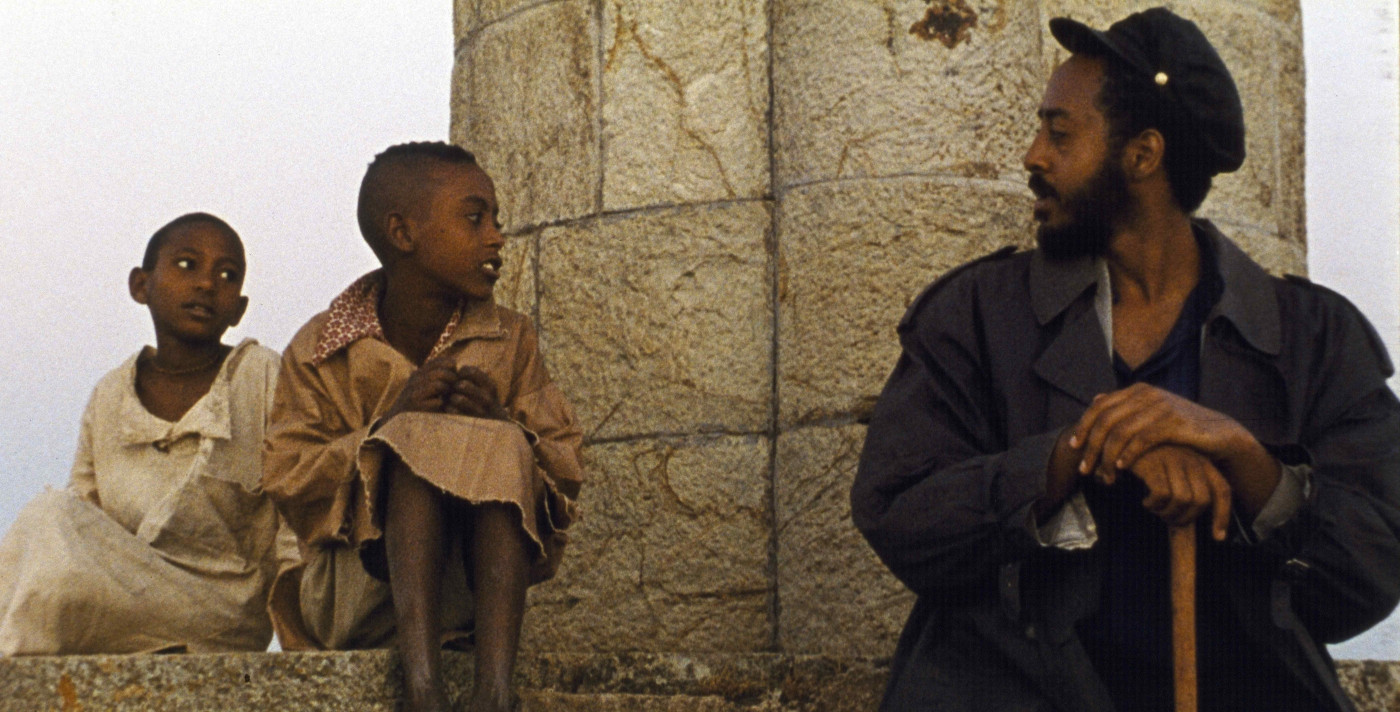
After studying in Germany, Anberber returns to his native country and is sorely disillusioned. The political situation is averse to any type of good intentions, and, rather than satisfaction from worthwhile work, there is pain. The movie was proclaimed the best African film of the year, and it won the Special Jury Prize at the Venice IFF.


Anberber studied medicine in Germany and now he is returning to help those in his native country. But one person’s will isn’t enough, and finding other supporters in a region plagued by a lack of basic needs proves impossible. What chance do good intentions have in evil times? And which is more poignant, leaving one’s native village or returning to the impoverished region of one’s childhood? With an emphasis on detail and on the everyday magic of life in an Ethiopian village, the film builds an atmosphere of the times and of individual naïveté. The sad hero may have found his roots but he has yet to find his place in the world – especially when the dilemmas of his country and his generation seem to rest on his shoulders. The unstable situation in Anberber’s native land, where young men are impressed into military service, only hastens the shattering of his illusions. The film points out the volatility of life’s priorities, and also how different African films are from those made on the dark continent by Western filmmakers.
140 min / Color, 35 mm
Director Haile Gerima
/ Screenplay Haile Gerima
/ Dir. of Photography Mario Masini
/ Music Vijay Iyer, Jorga Mesfin
/ Editor Haile Gerima, Loren Hankin
/ Producer Haile Gerima, Karl Baumgartner
/ Production Negod-gwad Production, Pandora Filmproduktions GmbH
/ Cast Aaron Arefe, Abeye Tedla, Takelech Beyene, Teje Tesfahun, Nebiyu Baye, Mengistu Zelalem, Wuhib Bayu
/ Contact The Match Factory

Haile Gerima (b. 1946, Gondor, Ethiopia), one of Africa’s top independent directors, studied in Chicago and Los Angeles. He made his first films, Hour Glass and Child of Resistance in 1972. Four years later he presented the epic Harvest: 3000 Years (Mirt Sost Shi Amit, 1976), which screened at the Cannes festival and at Locarno, where it took the Silver Leopard; in 2006 Martin Scorsese presented a restored print of the movie at Cannes. As a director of documentaries, his first entry was Wilmington (1978), and the drama Sankofa (1993), about African opposition to slavery, competed at the Berlinale and took numerous awards at African film showcases. Teza was selected for the competition at the Venice IFF, and Gerima parlayed his success there into an award for Best African Film at the 21st Ouagadougou Film Festival, Africa’s largest.
The Match Factory
Domstrasse 60, 50668, Cologne
Germany
Phone: +49 221 539 7090
E-mail: [email protected]

Michael Weber
Buyer, Sales Agent

Philipp Hoffmann
Sales Agent
First-hand brews throughout the year.
Be among the first to learn about upcoming events and other news. We only send the newsletter when we have something to say.